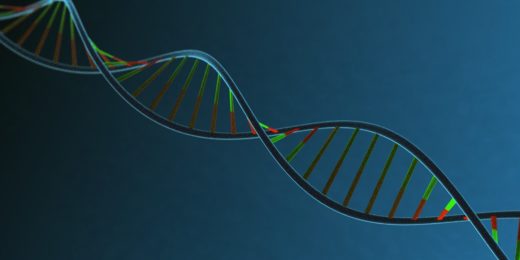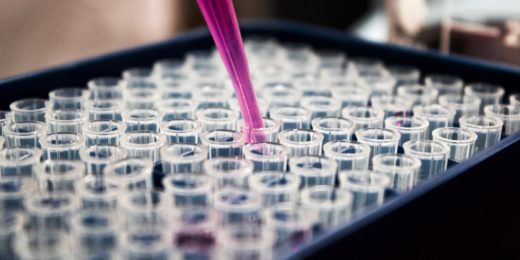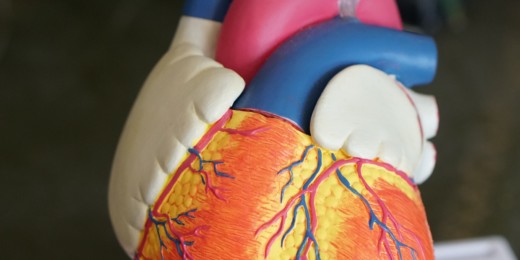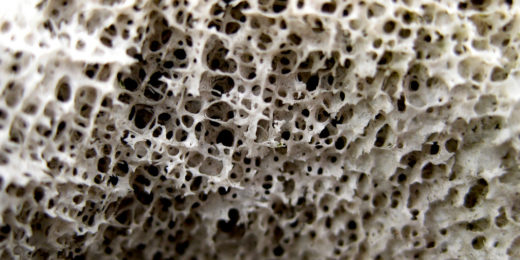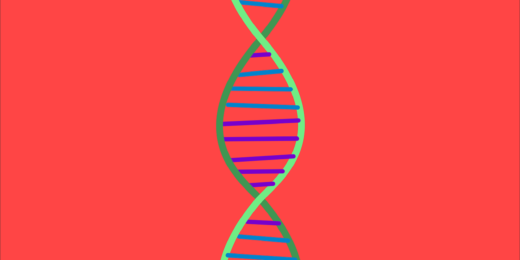The taller you are the more likely you are to get varicose veins, according to Stanford study that researched the genetics of half a million people.
Category: Genetics
Stars of Stanford Medicine: Genetic counseling and compassion
In this Stars of Stanford Medicine Q&A, Kim Kinnear shares her perspective as a graduate student in genetic counseling.
My relative has cancer, should I worry? Encouraging cascade genetic testing
Online outreach and low-cost testing can encourage relatives of cancer patients to assess their own cancer risk through 'cascade' testing.
Improvements to newborn screening could lower number of false positives
A team of researchers has used an algorithm to improve newborn screening for genetic diseases, with the hopes of reducing the number of false positives.
Study offers insight into metastasis
The true driver mutations of cancer are almost always common to all metastases in an individual, according to a Stanford scientist and other researchers.
Can genome sequencing be used to predict disease? Quite possibly, new research suggests
Scientists have developed an algorithm that combines genome sequence data and electronic health information to predict risk for genetic disease.
How to deliver gene therapy without a dangerous side effect: autoimmunity to the normal protein
A workaround avoids a common, dangerous side effect of gene therapy: an autoimmune reaction to the normal protein, which could improve gene therapy.
Short telomeres a hallmark of genetic cardiac disease, Stanford researchers find
Heart muscle cells from people with cardiomyopathies have shorter-than-normal telomeres -- the protective caps on chromosomes associated with aging.
Genetic testing pushed for hereditary high cholesterol disease
For the past four years cardiologist Josh Knowles, MD, PhD, has been treating patients at Stanford who have a little-known but common genetic heart disease called …
Revealed: The molecular mechanism underlying hypertrophic cardiomyopathy, or “workaholic heart”
Hypertrophic cardiomyopathy is caused by various genetic mutations that cause heart muscle to contract with too much force. New research suggests why.
Schizophrenia, bipolar disorder risk linked to hidden DNA sequences
Humans' big brains may increase the risk of psychiatric disorders. Stanford researchers identify previously hidden DNA region that could be to blame.
Frequent skin cancers might indicate increased risk for other cancers
People who develop abnormal numbers of skin cancers called basal cell carcinomas may be at increased risk of other, unrelated internal cancers.
Osteoporosis risk predicted with genetic test
A genetic test may predict at an early age those likely to develop osteoporosis. Knowing your risk may allow easy interventions to prevent future fractures.
Continuous blood sugar monitoring suggests even “healthy” people need to mind their carbs
Continuously monitoring blood sugar levels turns up new evidence to suggest that more people have sharp increases in their blood sugar than expected.
Inaccurate direct-to-consumer raw genetic data can harm patients, new research suggests
Direct-to-consumer raw genetic data can be inaccurate, resulting in harm to patients and unnecessary costs to the health care system, new research suggests.
New Stanford algorithm could improve diagnosis of many rare genetic diseases
Today, diagnosing rare genetic diseases requires slow, educated guesswork, but a team of Stanford experts is automating the process.







